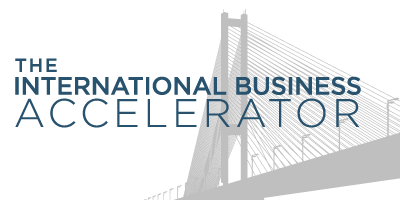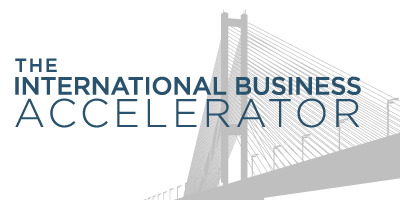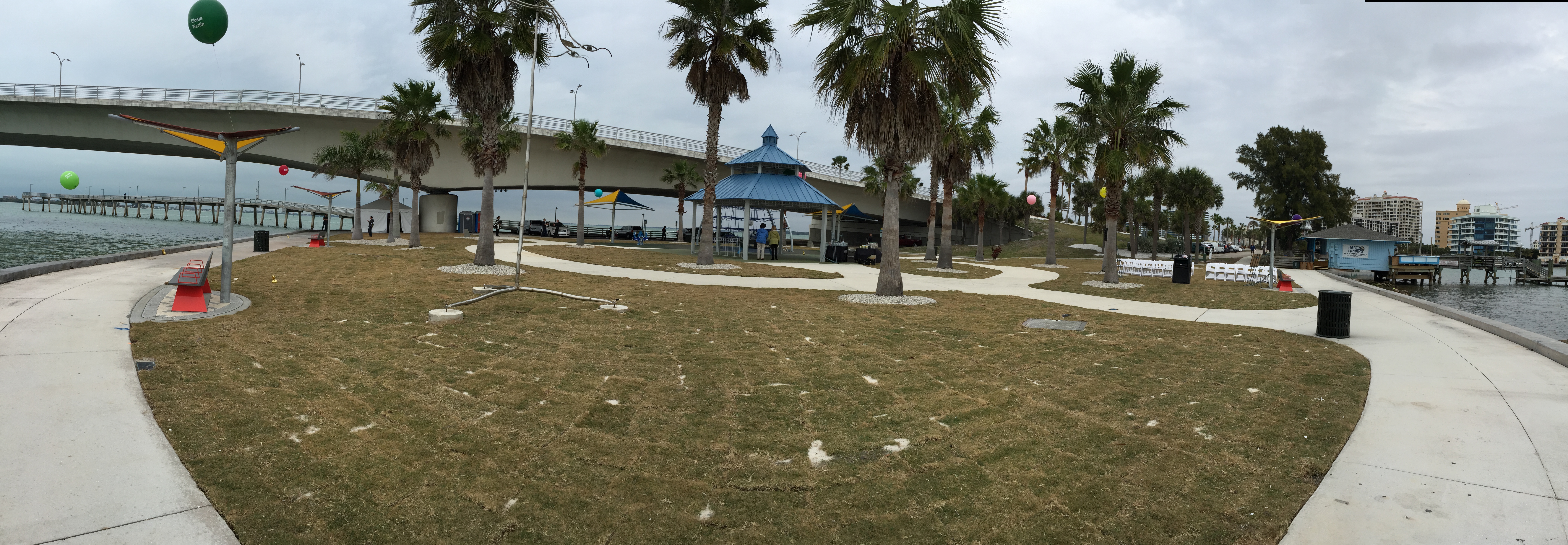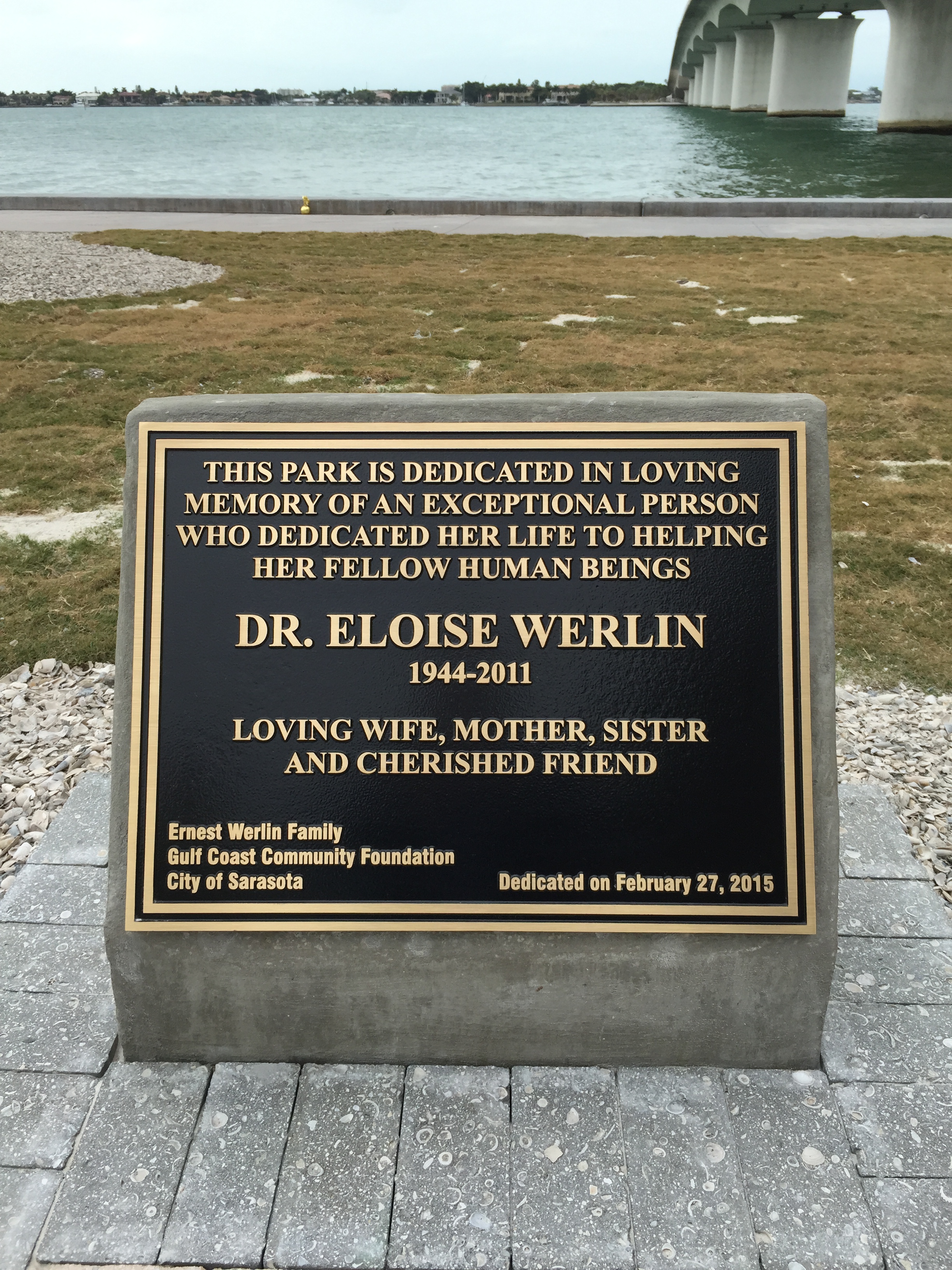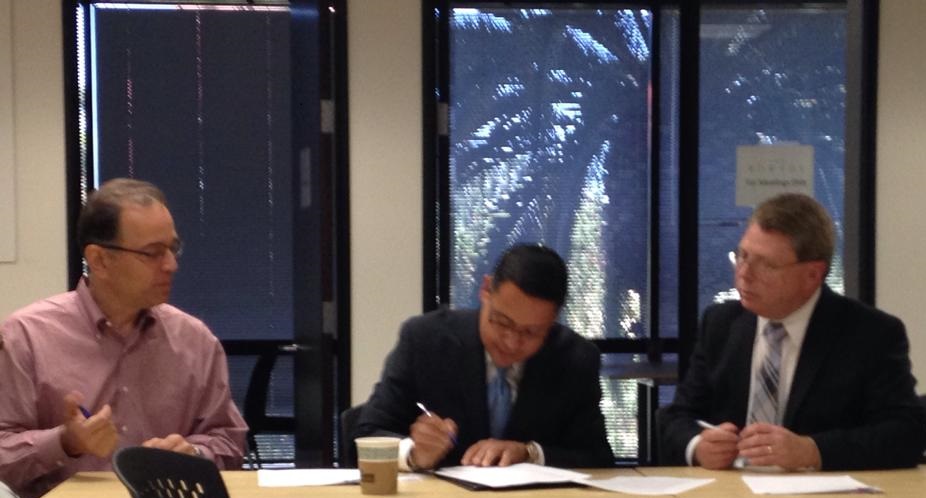Repositioning is a term used by the cruise industry when it moves a ship from one region to another, usually in conjunction with the changing seasons. Usually, it is a longer voyage with fewer stops. As all of us navigate the uncharted waters of COVID, we can use this time to reposition ourselves and our businesses.
Here are five ideas for you to consider on how to reposition your business during the pandemic:
Stay Trim
Even the best prognosticators admit the outlook is murky. Will the market rebound in the 4th quarter or maybe not fully recover until 2022? The best strategy in the face of uncertainty is to trim your sails and be nimble.
That means that cash is king. It may be tempting to take on debt with close to zero interest rates but consider your ability to service the debt if the economy remains flat or goes through a series of short boom/bust cycles. Large fixed investments such as real estate should be closely reviewed in light of this possibility.
In terms of expenses, this certainly is a time to reduce expenses. Do you really need as much (or any) office space? However, you should be careful not to reduce funding to activities that generate revenue. The question is by reducing an expense, will it reduce income? For example, reducing sales staff or customer service may save money in the short run, but will reduce income in the long run.
Finally, if an opportunity to grow markets and sales presents itself, this is a good time to make a strategic move (particularly if you have been prudent with your cash and expenses).
Build In
In every company, the most important asset is your team. Layoffs may be necessary but consider how you do it since you want to keep the remaining workforce from becoming demoralized. You also may want to hire back trained workers as the economy recovers. For example, you might want to have employee initiatives to support those who were laid off. For the remaining staff, invest in their futures through training and by listening to their concerns. Loyalty downward will be rewarded with loyalty upward when you need it most – when the economy starts to turn around.
Build Out
Now is the time to build networks and to strengthen existing friendships and relationships. You can call up existing clients and just listen to what they say. It shouldn’t be a sales call, but it might lead to future sales. One effective message that I have seen is to offer to be a bridge between those looking for jobs and your networks. That applies not only to those in your industry but also to friends, alumni, church members, etc. Finally, there are many volunteer opportunities in your community. Find one that is right for you.
Be Innovative
Now is the time to find new ways of doing business, to put in place the new process or to install new technology. You don’t have to make wholesale changes to your operation. Instead try out small experiments to see what works. We don’t know what the future will look like on the other end of this tunnel, but how we do business will be different. At the International Business Accelerator, we added to our existing acceleration model by adding an online platform. Now, we are doing business with companies around the globe that would not have been possible pre-COVID.
Explore
This pandemic has forced businesses and individuals to interact virtually in ways that were possible, but not widely used before. Everyone is currently much more comfortable in the online world and that opens new businesses and markets around the world. Reaching out to new customers and cultures is exciting but it requires a disciplined approach. The unexpected payoff is that in the process of expanding overseas, fresh thinking flows into your business. It’s not surprising that studies have found that companies that do cross-border business grow faster, are more innovative and ultimately more profitable.




